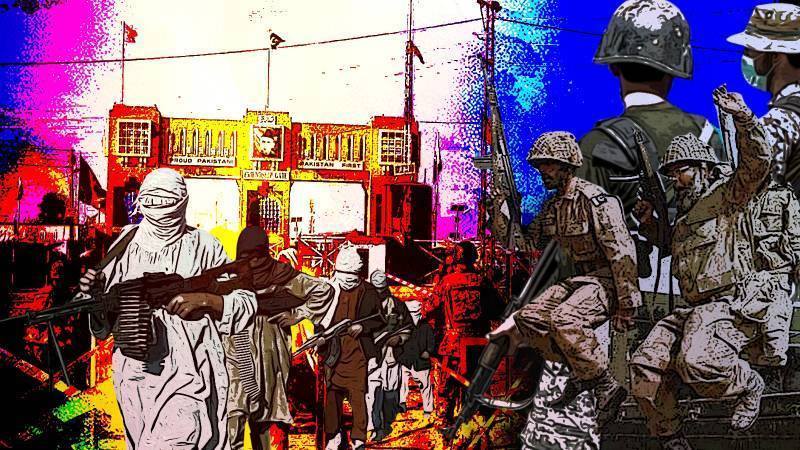
Pakistan has long been facing a multifaceted challenge in tackling violent extremism. Addressing the fundamental issues that cause extremism is necessary for supporting peace and security not only within the country but also for the entire region.
Some frameworks specifically address online radicalisation while at the same time ensuring accountability in implementation. Pakistan has implemented cyber investigation measures to monitor extremist activities online. There is the Anti-terrorism Act which provides a legal framework to fight terrorism. Policy. Guidelines by NACTA in 2018 relate to online behavior. National Action Plan was a strategic policy for combating extremism and terrorism. PECA Act 2016, was amended in 2020. There is a cyber wing of FIA which is active. CVE Act 2021 focused on countering violent extremism. The Pakistan Anti-Terrorism Act allows for the monitoring of individuals who promote extremism.
At this point, we may look towards the steps adopted by other countries of the world regarding battling extremism in their societies. The West often uses counselling and dialogue-based approaches rather than punitive measures like imprisonment. Programs that focus on altering the attitudes and behaviors of extremists through meetings and indoctrination have shown significant potential in curtailing the risk of radicalisation . Saudi Arabia’s model of utilising well-maintained educational centers for religious education has contributed to high success towards de radicalisation measures. Pakistan can try this model in addition to localised and Indigenous solutions in line with its problems, through education. This also relates to bringing a change in the ideas and thought patterns of extremists and stimulating them intellectually through their process of understanding.
Effective state supervision to counter radicalisation successfully can also lead to good results. Connecting non-governmental organisations (NGOs) and significant religious scholars can help improve socioeconomic indicators
The roadmap to counter violent extremism may also require a cooperative effort that integrates socioeconomic development, community engagement, and effective policy implementation. Learning from global practices and focusing on education and rehabilitation through building adaptability against the forces of radicalisation and at the same time guaranteeing the protection of human rights can lead to much more productive efforts.
Effective state supervision to counter radicalisation successfully can also lead to good results. Connecting non-governmental organisations (NGOs) and significant religious scholars can help improve socioeconomic indicators. It is important to note that the role of the community in this endeavour cannot be denied as it is essential to increase the resilience of the community against extremism. This teamwork can win public trust and nurture grassroots initiatives.
In this connection, post-rehabilitation programs may also provide vocational training and skills to help individuals reintegrate into society as productive members. This training must be intended to teach different practical skills and provide educational opportunities that talk about the root causes of radicalisation , such as poverty, dearth of employment, and entrepreneurial avenues at a small scale.
Another suggestion can be the establishment of Peace and Dialogue Centers under the auspices of the Ministry of Information and Broadcasting. It can be initially at the level of Federal capital and provincial headquarters where people with grievances (political, religious, ethnic, socio-economic) may come and exchange their ideas with the responsible state representatives. It may serve as a platform where a dialogue may be initiated and afterward state can entertain if these ideas are pragmatic. This can serve as a forum where the general public can air their problems. And if even after availing this forum they use social media platforms to promote hate speech or harm the ideological foundation of the country, then disciplinary action can be taken against such people in the light of relevant rules and regulations.
Proposed centers may serve as a blending of Digital and Physical Public Squares for people who are active on social media and pseudo-intellectuals who propagate wrong notions through fake news and instigate hate speeches and propaganda. It can help foster dialogue, reduce the grievances of the people, and bridge the trust deficit between the public and the state which is vital for establishing long-term peace and stability and it can engender interfaith harmony as well.
In short, the issue of violent extremism requires a multi-layered approach that balances human rights and security. Classifying hotspot areas where radicalisation is predominant is also necessary. Operative interventions require a comprehensive understanding of both individual and societal factors that contribute to radicalisation . A well-balanced media strategy is required to identify the actual threats. The reality remains that actively propagating counter-narratives through media and community programs to fight the menace of terrorism, and hurtful and harmful ideologies through social media is required which includes promoting messages of tolerance, diversity, and inclusion.

